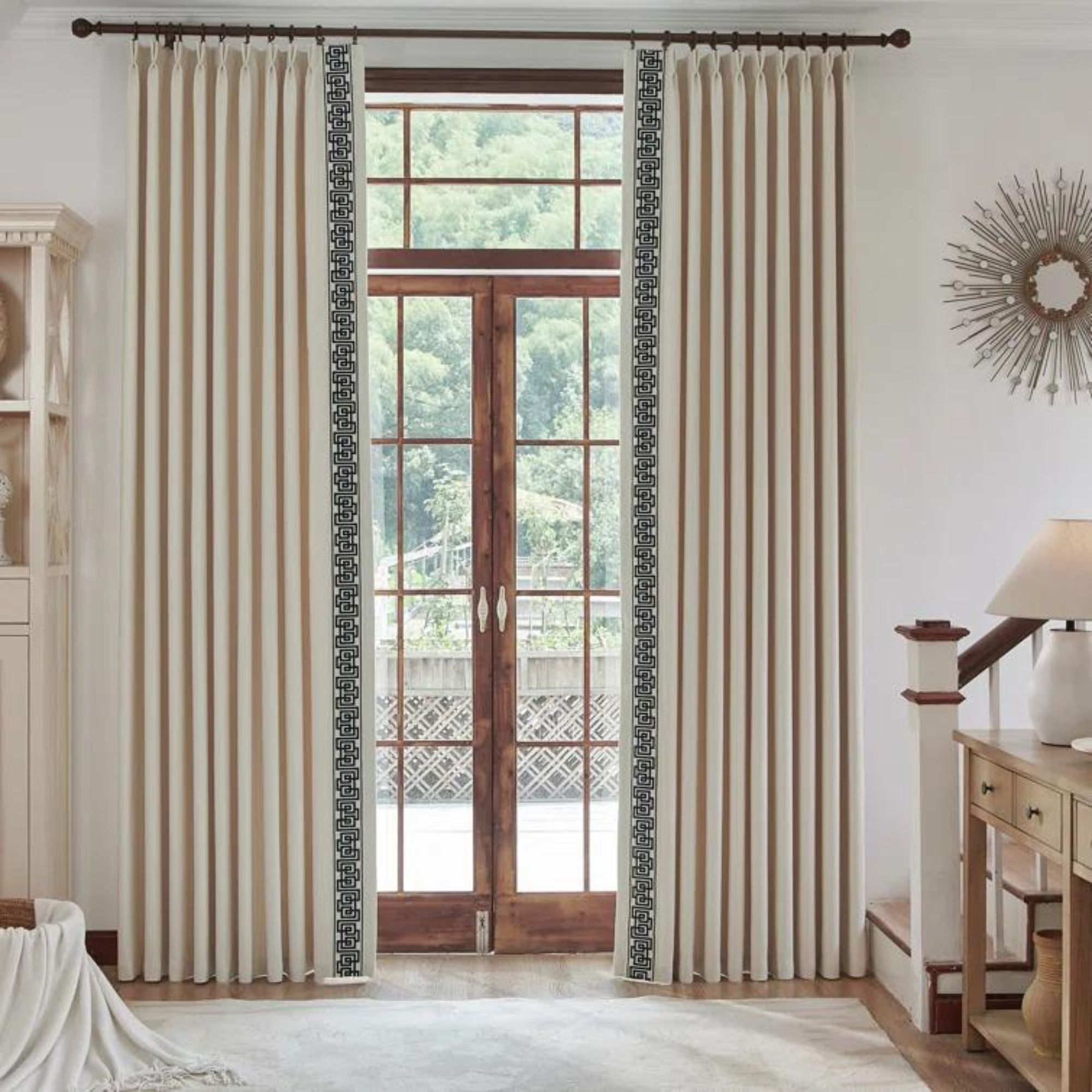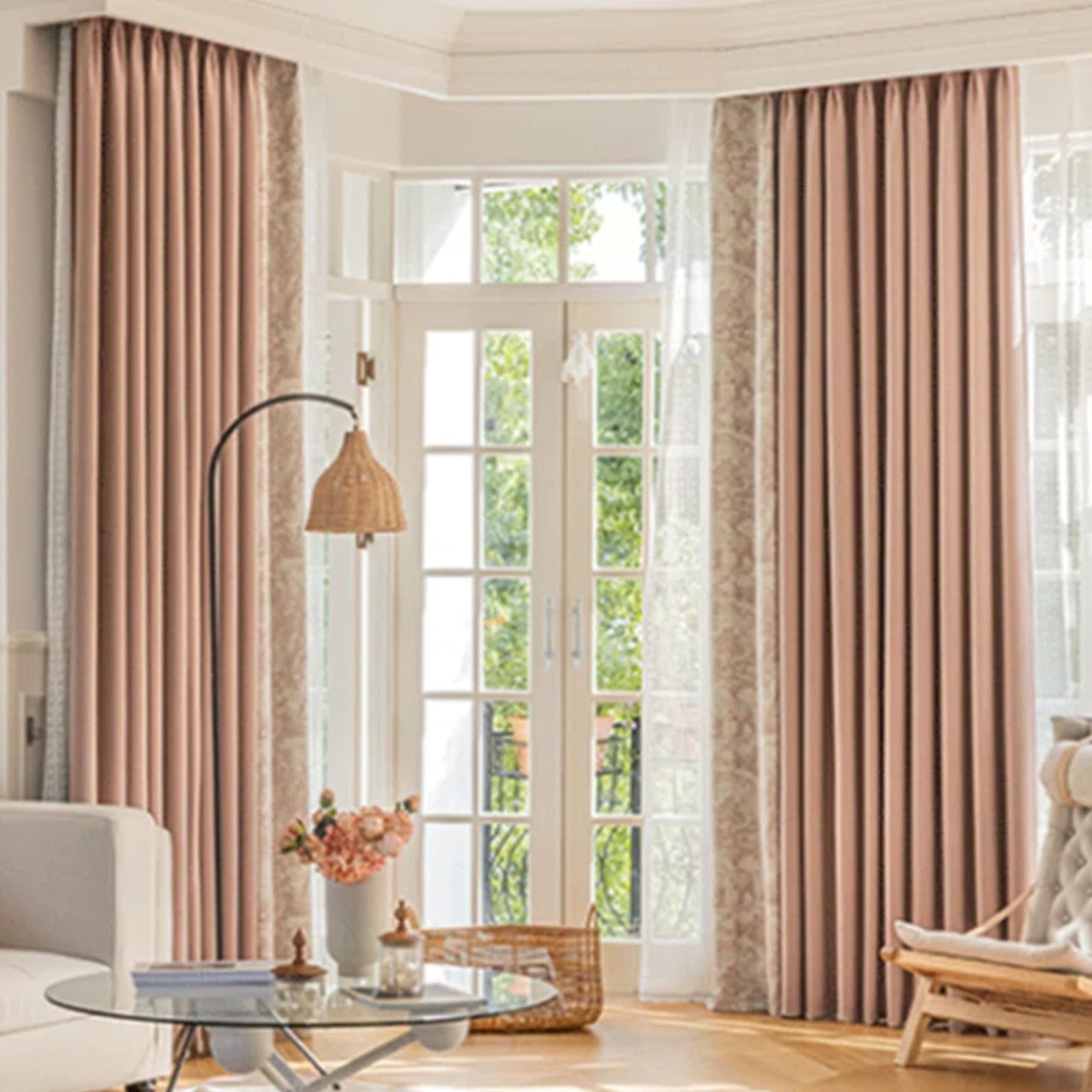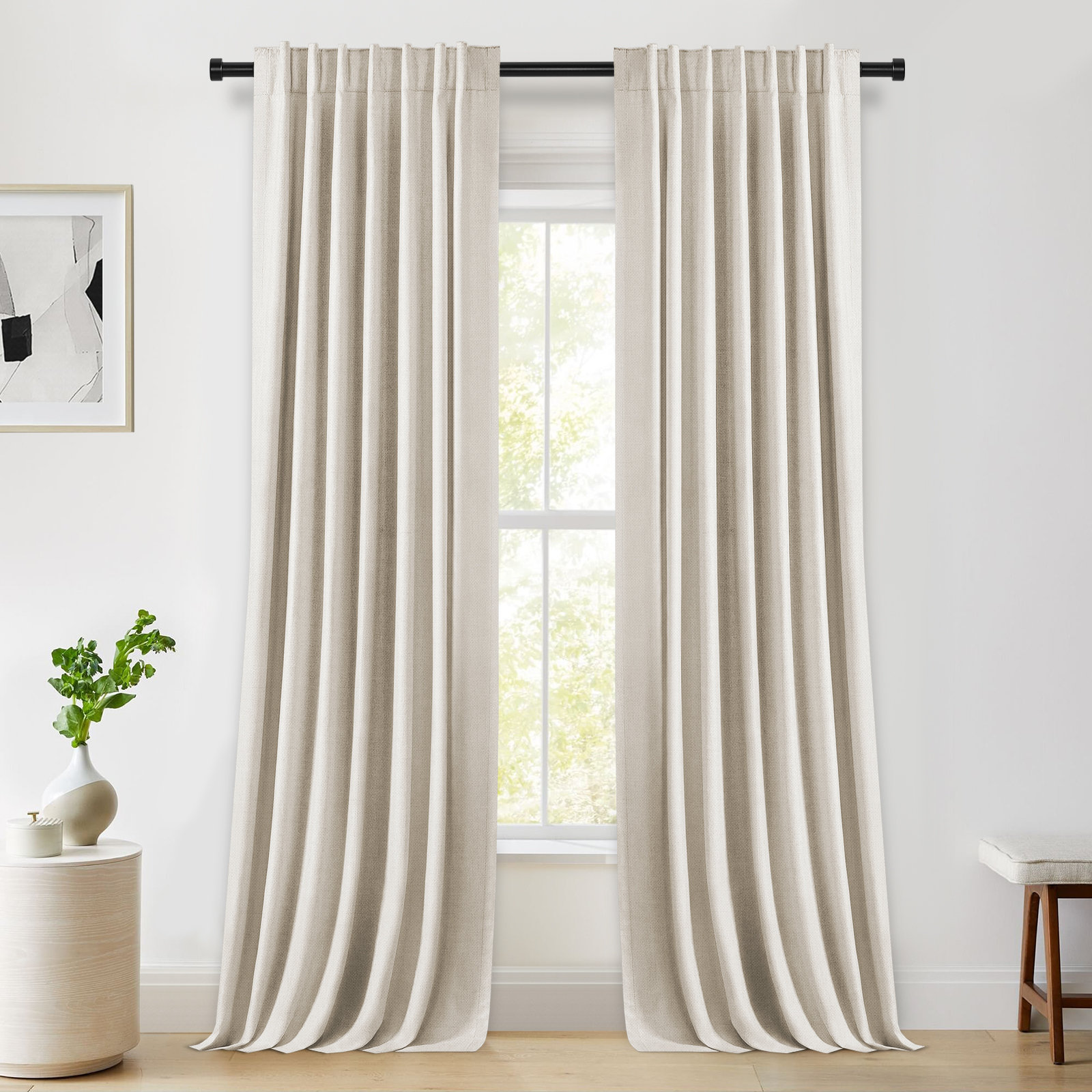Nate Berkus just decoded all things drapery – these are the must-have features you should know
He also shares which drapes he picked for his own living room, and why they instantly transform the space
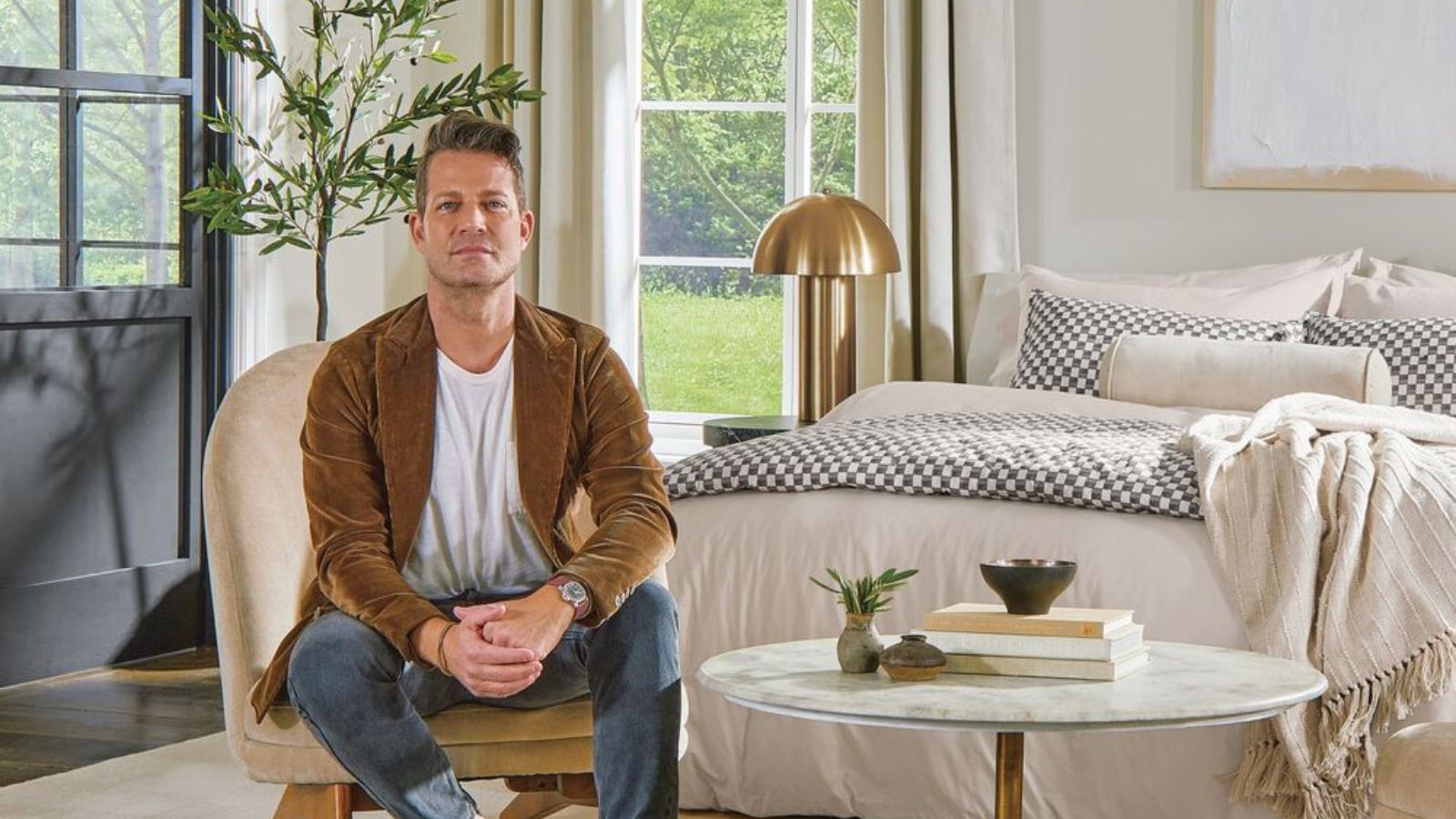

When designing a room, picking out drapes is often left for last. A finishing touch that can easily make or break a room, it's an important decision – but can also feel a bit like a mystery. With a wide range of types and styles on the market, you're not alone if the question of drapery leaves you feeling a little overwhelmed.
Luckily, world-renowned designer Nate Berkus just shared his top tips for picking out drapes and curtains. He also shared the curtain features he made sure to include in his own living room design scheme. Off the heels of his recent collaboration with The Shade Store, he's full of great ideas, and now he's here to share. If you're still a bit stuck on how to choose curtains for your living room, Nate's got all the answers. Here's what the designer had to say.
Nate Berkus' top tips for deciding on drapery
A post shared by Nate Berkus (@nateberkus)
A photo posted by on
'So, for draperies, there are a million styles that you can do at the top,' Nate says in an Instagram video, standing near tall, dark gray shades hanging in his living room. 'I'm sure you've been super confused trying to figure it out.'
Drapes come pleated, pinched, paneled, and more – and that list completely excludes questions of hardware and length. Because those styles might not sound too different from one another, Nate shows off the top of his curtains to clarify. 'When they say pleat, it means this,' he says, displaying the artfully folded curtain – Tailored Pleat Drapery from The Shade Store. 'This is an inverted pleat at the top of this.'
Knowing which style you prefer isn't always as simple as it sounds, and sometimes it's best to take cues from the experts. Nate, a trustworthy source of design inspiration, says he almost 'universally' goes for either an inverted pleat or 'ripple fold' with rings, hung on a thin rod.
'That is sort of my go-to,' he says. 'I think the rule of thumb is to keep the hardware simple, and the drapes fuller. I don't love drapes that puddle on the ground, even though I've seen it executed beautifully. I like the drapes just to skim the floor, which means they're just maybe a quarter of an inch higher than the floor.'
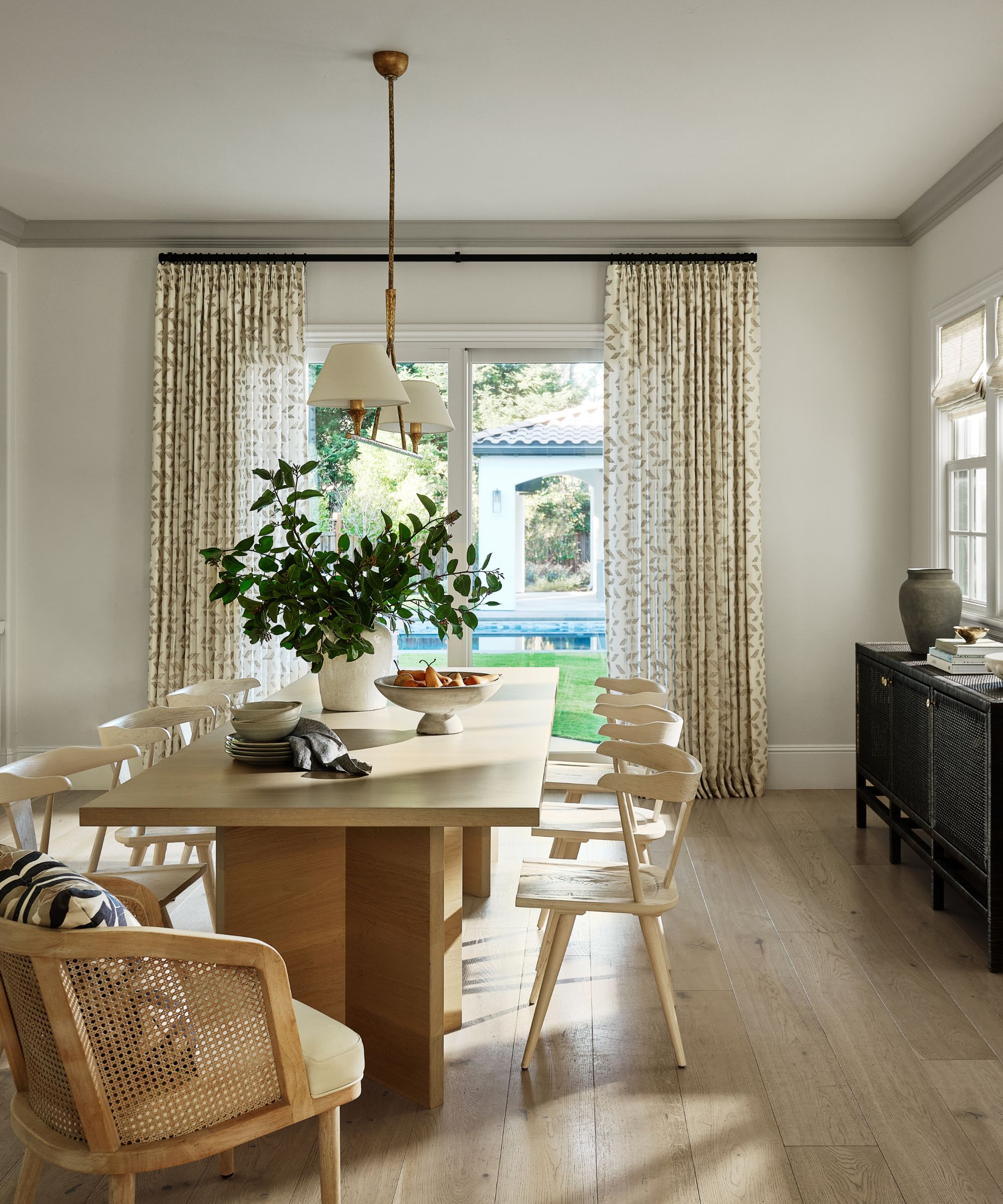
Another drapery rule Nate always abides by? Placing the curtains 'as high as possible.' He says that when using dark fabric, like the one he's selected for his own space, it's especially important for the fabric to reach all the way up to the ceiling – even when architectural details take center stage.
Sign up to the Homes & Gardens newsletter
Design expertise in your inbox – from inspiring decorating ideas and beautiful celebrity homes to practical gardening advice and shopping round-ups.
'You can see here in our living room, we've got a lot of crown molding – there's a lot of detail. But the rod is right underneath, as high as it can go. And the reason that I think that that's important is that when you walk into a space, you want your eye to go up. You don't want your eye to be cut off. So, I'm not a fan of draperies that are mounted right above the window frame – they should all come from the top of the wall, or at least the highest point.'
Picking out drapery for your home doesn't have to be a mystery. With clever advice from the pros, you'll be on your way to a living room that incorporates the perfect level of shade and softness – through summer and beyond.

Abby was the Interior Design News Editor at Homes & Gardens and is now studying for her Master's degree in Journalism at City University, London. Prior to joining our team, she worked with Better Homes & Gardens, where she wrote and edited content about home decor, gardening tips, food news, and more. She studied Journalism and English Literature at New York University and moved to London to pursue her love of writing in 2023.
-
 April is the ideal time to prune beautyberry shrubs – for a stunning display of vibrant berries this fall
April is the ideal time to prune beautyberry shrubs – for a stunning display of vibrant berries this fallWhether you choose to trim gently or hard prune, cutting back in spring promotes healthy and productive growth
By Drew Swainston
-
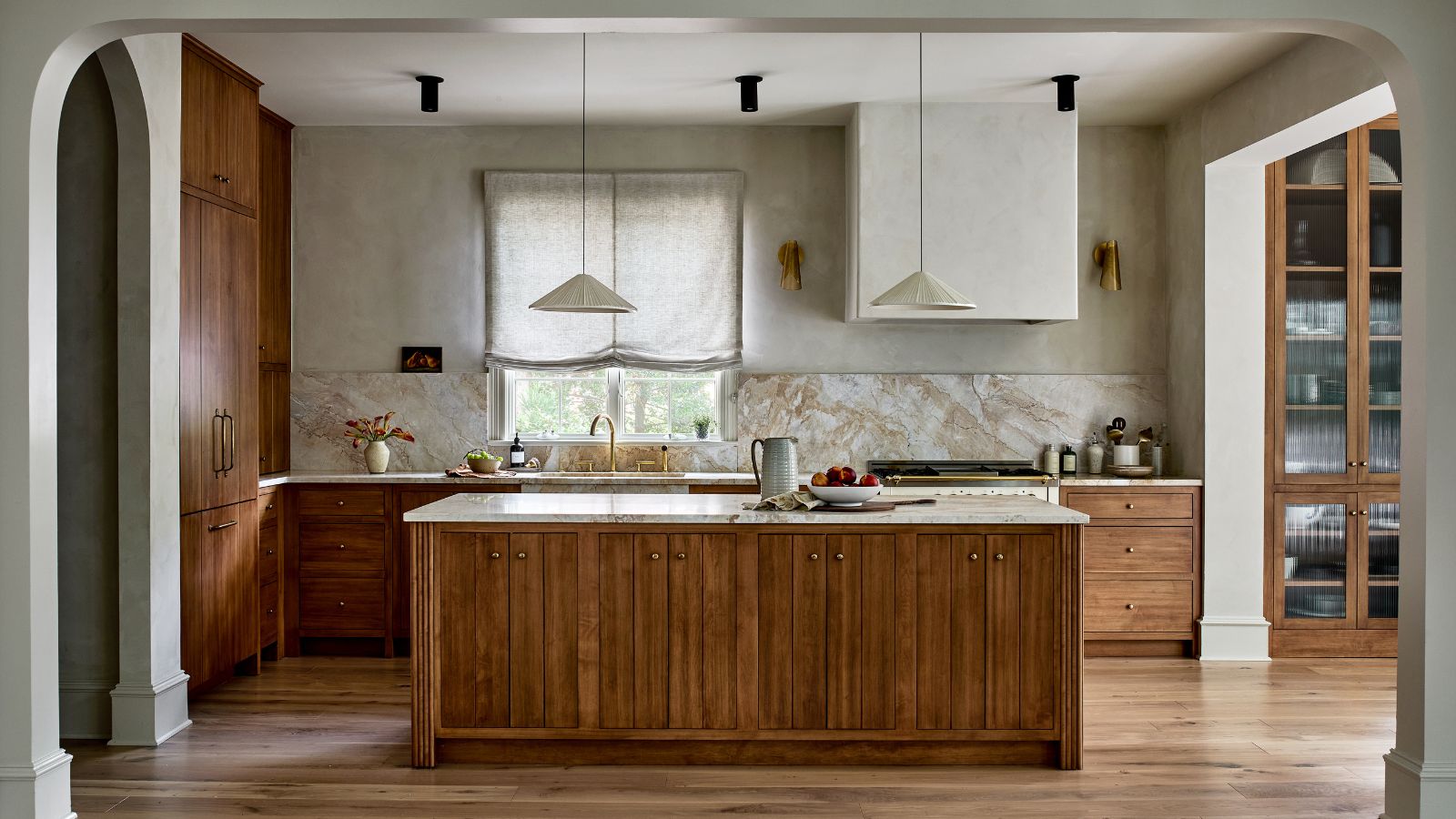 This kitchen has been transformed from cramped and outdated to warm and welcoming – and it's all thanks to a few thoughtful Japandi-style features
This kitchen has been transformed from cramped and outdated to warm and welcoming – and it's all thanks to a few thoughtful Japandi-style featuresWarm wood tones, textural designs, and considered contrast are key to this beautiful transformation
By Molly Malsom
